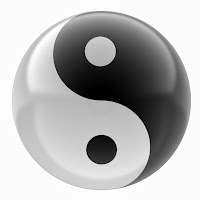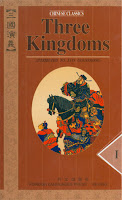 With a myriad of cultures in multinational corporations, research into leadership has been endless, yet not very conclusive. An old friend of mine posed me the question on leadership: “Could you please enlighten me in understanding how to lead a multi-cultural team?” So far we were pleasantly talking over a drink on a nice and warm summer morning. At the time I had no idea to offer. It initiated a long period of my research at the end of which I published the book “Leadership by Virtue”.
With a myriad of cultures in multinational corporations, research into leadership has been endless, yet not very conclusive. An old friend of mine posed me the question on leadership: “Could you please enlighten me in understanding how to lead a multi-cultural team?” So far we were pleasantly talking over a drink on a nice and warm summer morning. At the time I had no idea to offer. It initiated a long period of my research at the end of which I published the book “Leadership by Virtue”.It was no easy matter. Four decades ago, IBM tried to unify corporate culture in her subsidiaries all over the world. Geert Hofstede carried out a world-wide survey on employee values with a very informative and demonstrative result. Based on his approach, Turner pointed out the problem of international projects and claimed that “when working on international projects we need to understand the approaches of different cultures to be able to work with people and predict behaviors, and not to give and take offence”. More researchers followed the same topic. A common conclusion of all those studies is: “we are definitely different”. And this conclusion is what bothered me the most. It is a common knowledge. To successfully lead people you need to find what binds the people together and not what separates them.
My research goal was to support the idea that, at their core people are similar no matter where they come from. The new leadership approach should follow these principles. This is why I aimed to find at which level we are “the same!”








